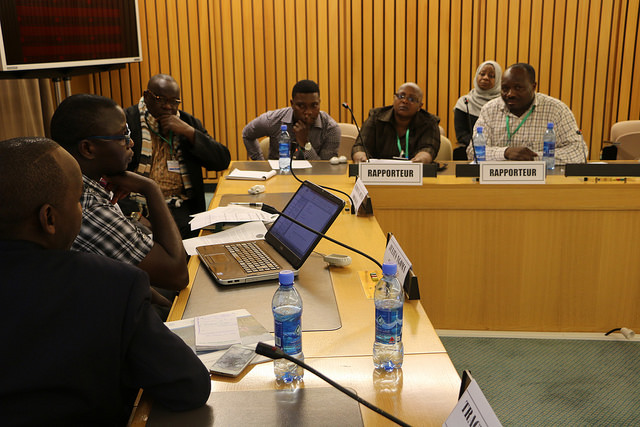
PAMACC News
THE residents of Port Harcourt in oil-rich River state, South-south Nigeria are currently experiencing a new wave environmental pollution following the invasion of their city by cancer-causing soot.
Soot is a cancer-causing particle in the atmosphere linked to oil exploration and gas flaring in the Niger Delta region of the country. it is also a general term that covers pollutants derived from incomplete or inefficient burning of fossil fuels or biomass – plants or plant-based materials used as source of energy.
The major sources of soot include fuels like diesel used in transport and in electricity generators. For the Niger Delta, the sources include the aforementioned and include others such as: gas flares, illegal refineries, the burning of illegal refineries and crude oil, burning of oil spills by incompetent contractors and the burning of sundry wastes. Bush burning can also be a source of soot in our environment.
Residents who spoke to Pammacc news said the their vehicles and washed clothes are now dotted by this poisonous substance just as some people have also fallen ill due to the effect of the spots.
Emmanuel Gawa, a resident in the city said that the soot was first observed in October 2016 adding that it has become a major source of worry for people of the city. The state branch of the Nigerian Medical Association has advised residents to close their windows and doors, mop the floor of their houses and possibly wear face masks
Adewale Ojo, an environmentalist said the from tests and observations, the soots fall more at nights and early hours of the morning. Another affected resident, Mr. Chris Okpala has threatened to sue the state government over the issue.
Other residents have cried out to the government to come to their and find a solution to the problem.
Efforts to ascertain governments efforts at finding solutions to the pollution were fruitless as officials of relevant agencies like the National Environmental Standards and Regulations Enforcement Agency (NESREA), Nigerian National Oil Spill Detection and Response Agency (NOSDRA), Directorate of Petroleum Resources (DPR) and the Federal and State Ministries of Environment declined comments.
It may be recalled that in October 2016 when reports of the gathering soot came up, NESREA officials confirmed that the soot originated from hydrocarbon or oil-sector related sources, ruling out bush burning as a possible source. For residents that may have noticed the thick black smoke belching continuously from the Port Harcourt refineries, those sources are very strong suspects.










